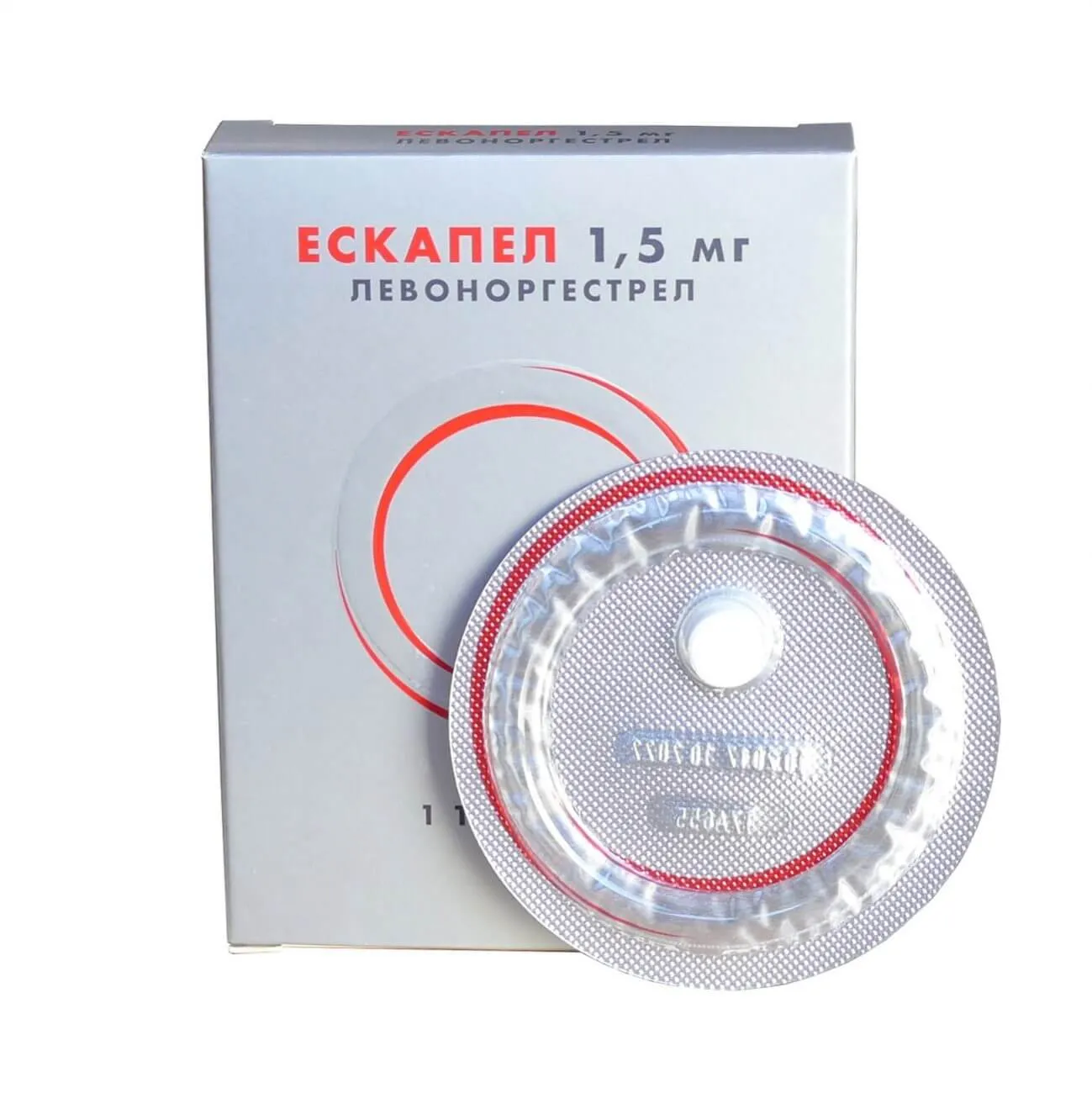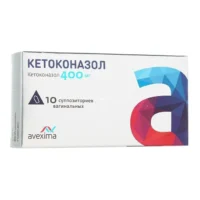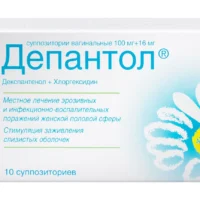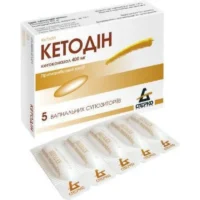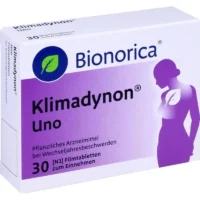Description
Escapel (levonorgestrel) Tablets 1.5 mg
Composition
Active Ingredient: Levonorgestrel 1.5 mg
Other ingredients: lactose, corn starch, magnesium stearate, talc
Mechanism of Action
Levonorgestrel, a synthetic progestogen, primarily inhibits ovulation and alters cervical mucus to prevent sperm from fertilizing the egg.
Pharmacological Properties
Escapel works by preventing pregnancy after unprotected intercourse or contraceptive failure.
Indications for Use
Escapel is indicated for emergency contraception to prevent pregnancy following unprotected sex or contraceptive failure.
Contraindications
Avoid use if allergic to levonorgestrel or any tablet ingredients. Not for routine contraception.
Side Effects
Common side effects may include nausea, abdominal pain, fatigue, and headache.
Usage Instructions
Take 1 tablet orally as soon as possible, preferably within 72 hours of unprotected intercourse. Swallow whole with water.
Benefits Compared to Analogues
Studies have shown that Escapel is more effective than other emergency contraception methods when taken promptly after unprotected sex.
Suitable Patient Groups
Escapel is suitable for use in various patient groups, including adults, adolescents, and women of reproductive age.
Storage and Shelf Life
- Storage: Keep at room temperature away from moisture and heat.
- Shelf Life: Check the packaging for the expiration date.
Packaging Description
The product is typically packaged in blister packs to ensure individual tablet protection and ease of use.
Clinical Evidence and Effectiveness
Studies have demonstrated the efficacy of levonorgestrel emergency contraception in preventing pregnancy after unprotected intercourse. Timely administration within the recommended timeframe has shown high success rates. A comparative study highlighted the superior effectiveness of levonorgestrel when used promptly after unprotected sex.

